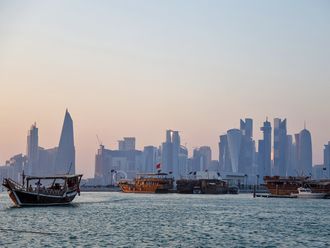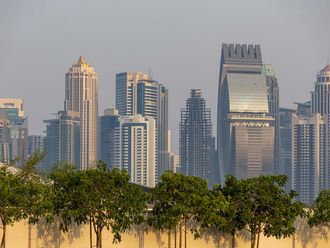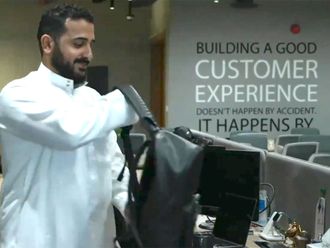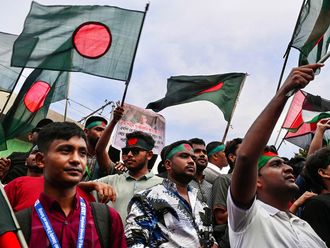Manama: Children born to Qatari mothers and non-Qatari fathers should qualify for passports, according to Qatar’s National Human Rights Committee (NHRC).
"We have called upon the authorities to amend the 1989 citizenship law and provide these children with Qatari passports," said Ali Bin Semaikh Al Merri, the NHRC Chairman.
Although primary education is compulsory and free in Qatar, there are many children who do not have passports or the necessary documents to be admitted to schools, he added.
"These children are in school-going age groups, but they were not able to attend schools due to lack of passport or necessary documents. It is the basic right of every child, whether Qatari or expatriate, to have access to primary education," he was quoted by Qatari daily The Peninsula as saying. “We have helped children to attend schools. It has taken some effort, but the children are in school now”.
Under Qatari laws, a child born to a Qatari man married to a foreigner is granted Qatari citizenship, but a child born to a Qatari woman married to a foreigner does not acquire citizenship.
Activists have recently been pushing for a change in the law, however, to ensure equality between the sexes.
In his interview, Al Merri said the NHRC, in a move to ensure that journalists are not treated like criminals in defamation cases, wants a new law for the press, applying to both electronic and print media, to be enforced.
“We have strongly recommended that media people should not be grilled like criminals in defamation cases or cases involving objectionable writings,” he said, adding that he blames the local media for creating the impression that the NHRC has been set up only to raise issues that are pertinent to expatriates. “The impression is false. We give due importance to local issues like housing, education, health and other basic rights of people.”
He attributed the problem to the size of the Qatari population, which at 300,000, is small compared with that of expatriates.
Whenever there are press briefings, journalists do not focus on local issues and keep asking questions about sponsorship and exit permit rules, he said. "They focus on these issues in the media because of the large expatriate population, which means that local issues are sidelined.”
What’s more, he supports the government's recommendations to encourage more Qataris to become journalists "so that local issues are highlighted in the Qatari media”.
Other changes that our needed he said include relocating the existing deportation centres and improving their facilities.
"We have demanded that the deportation centres, (where low-income expatriate workers are housed before being repatriated) be shifted since they are in a bad condition,” he said.
The committee said its officials could not make impromptu visits to reformatory and detention facilities without prior notice, but now have permission to make surprise visits.
The NHRC, according to Al Merri, has received many complaints about the public health services and the medical authorities not sending seriously ill people overseas for treatment. “We have also received complaints about some serious errors that have been made in medical treatment,” he said.












